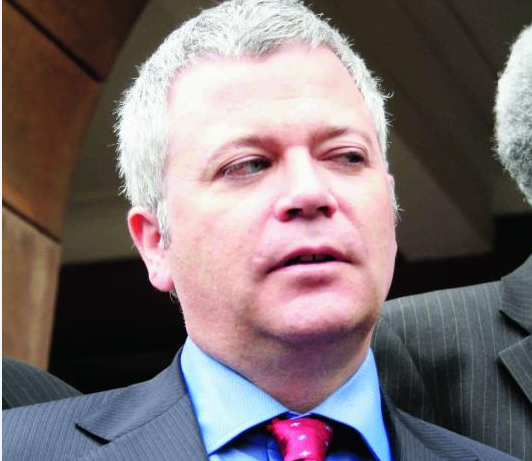
The hand-over of reports to the Head of State has not been a walk in the park as the Truth, Justice and Reconciliation Commission (TJRC) found out in 2013.
After swallowing the hot potato that was the Waki Report, former President Kibaki’s administration was not keen on tossing itself into another fray. For a start, the TJRC had all the hallmarks of a Pandora’s box - land, political assassinations, human rights injustices, torture and forced disappearances. And all the games played to botch the process- false start, contrived divisions, credibility crisis and poor funding- had not worked.